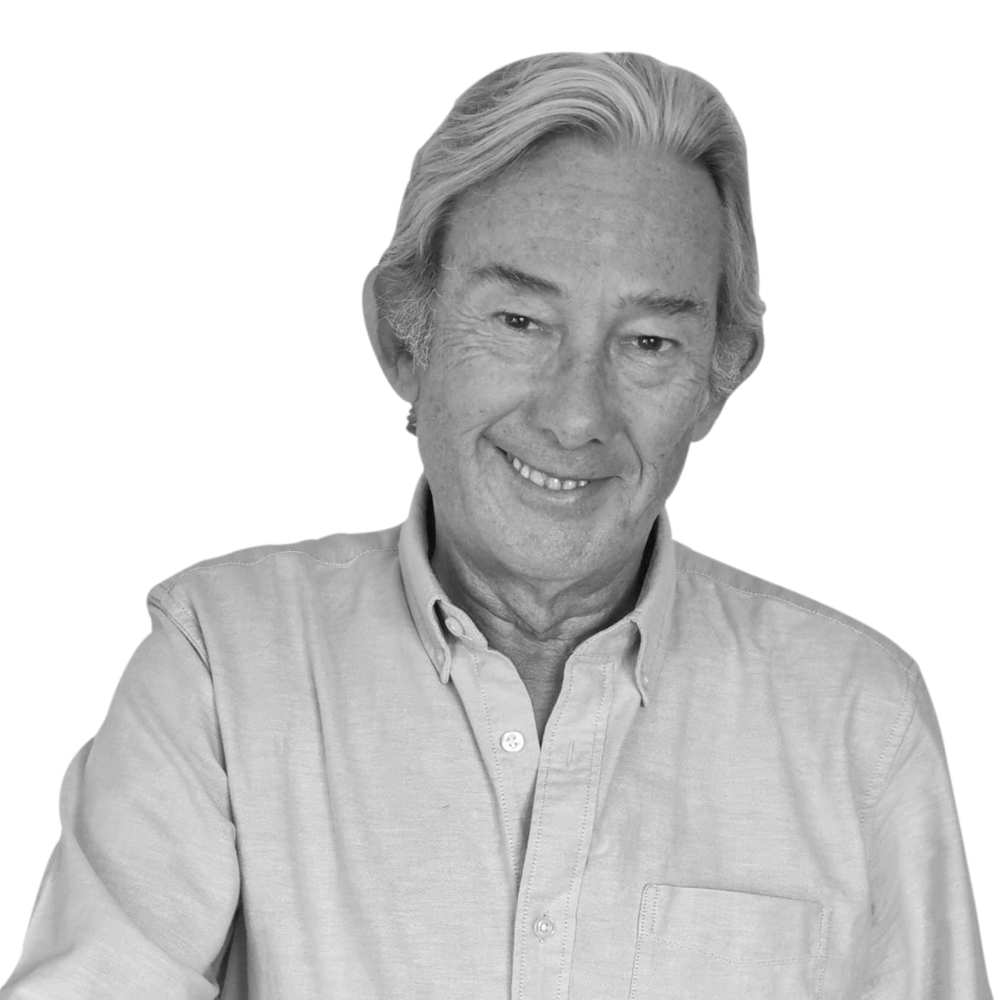The "world of yesterday" in the European Union


Sometimes it seems as if the European Union, along with a few other countries on other continents, lives in a world of yesterday: everything around it is changing very rapidly. The paradox is that the change is actually directed toward the day before yesterday, toward a distant past from which we thought we had emancipated ourselves. Perhaps all this is happening because, with some justification, we fear the future.
The world of yesterdayOne of Stefan Zweig's best-known works, *The Book of the Seven Deadly Sins*, is a strange book: a bittersweet delight. He began writing it in 1934, when the annexation of his country, Austria, by Germany, already led by Adolf Hitler, was beginning to loom on the horizon. Zweig, who was Jewish, then fled to the United Kingdom. Most of the writing, however, was done between 1941 and 1942, after the outbreak of World War II. The manuscript was sent from Brazil to a publisher in Stockholm on the eve of the suicide of the writer and his wife, Lotte Altman. Zweig was one of the most widely read writers in Europe. It is not surprising that while fleeing a Nazism that was spreading ever further and seemed destined for global success, he found solace in reminiscing about his own world, the world of his childhood and youth. That is to say, the world before the carnage of the First World War and the almost indescribable horror of its prolongation between 1939 and 1945.
The writer took literary refuge in the old Austro-Hungarian Empire, in cosmopolitan Vienna, and in general in what he called the "golden age of security." He preferred to mention only in passing certain matters that, described by a witness as cultured and subtle as Zweig, would have been of interest. For example, the rise of fascism and the transformation of a humble communications corporal during the First World War into the "Führer" of a frenzied and devastating Germany. The highly civilized German-speaking world in which Zweig was born and raised became hell.
Stefan Zweig's "world of yesterday" was destroyed by nationalism and the devastating grip of two totalitarian ideologies, fascism and communism, which promised a dazzling future. The "world of yesterday" that survives for now in the western corner of Europe, that world in which human rights still hold importance, is not threatened by any new ideology, but by nostalgia for an authoritarian and exclusionary past, hybridized with effective means of control and manipulation of the masses (social media) that will soon, thanks to Artificial Intelligence, multiply their power, and tinged by the grim realization that climate change is no longer a hypothesis.
In the absence of a future, the past is a welcome alternative. Russia is advancing in the reconstruction of the old Tsarist and Soviet empires. Israel is accelerating its colonial project with unprecedented cruelty. Everything points to Chile having an admirer of Augusto Pinochet as its president. Argentina wants to recover, through the most severely neoliberal means, a glorious past that never actually existed. The United States is sliding backward toward racism and xenophobia at breakneck speed, while shedding certain benign traits that disguised its imperialism.
And in every European country, the far right is growing, with real possibilities of soon seizing power in France. There's no need to mention Vox in Spain, or Aliança Catalana in Catalonia: the same kind of old nationalism that one day, at the beginning of the 20th century, decided that war was the best solution for everything. And that, about a hundred years ago, began wearing black, brown, or blue shirts.
The only thing missing to return to that bygone world in which Stefan Zweig committed suicide is militarism. Perhaps because tanks are no longer needed to end freedom or, more modestly, that "world of yesterday," under the ideal of respect for human rights, to which we still cling.
